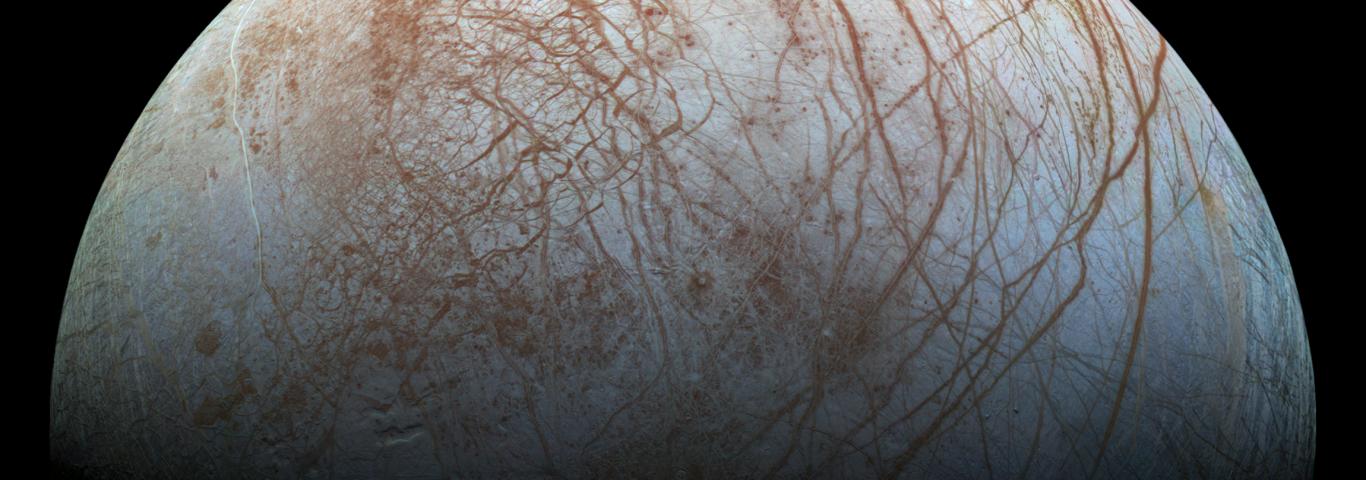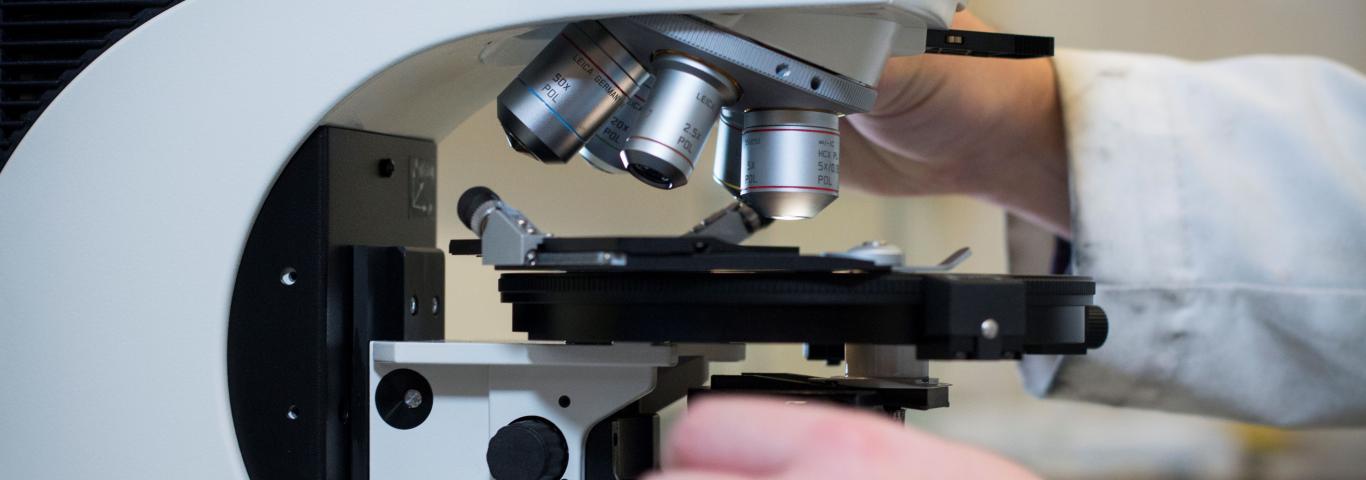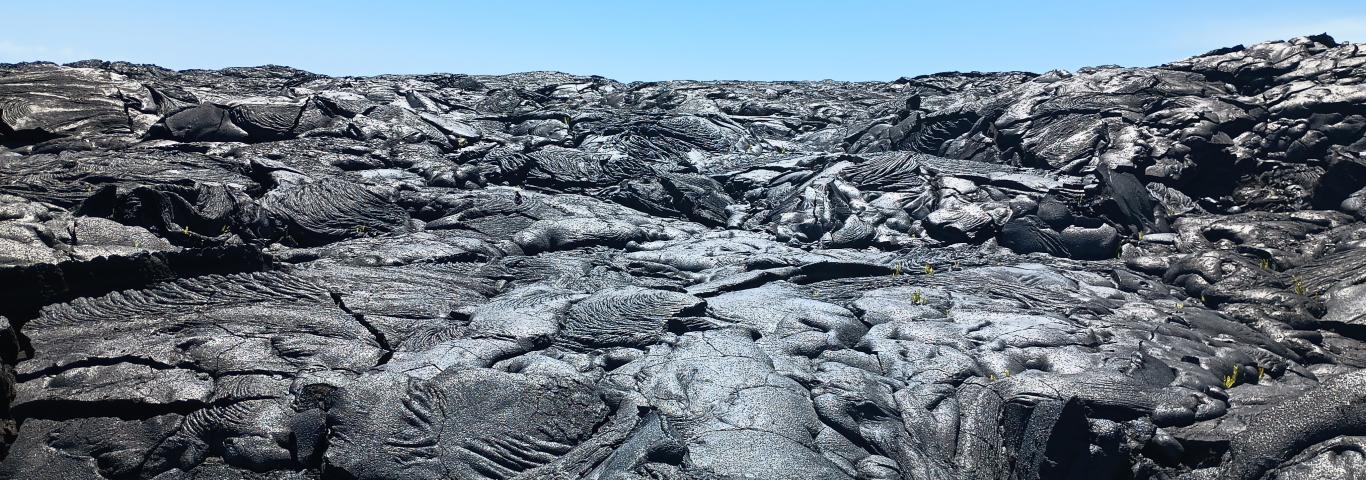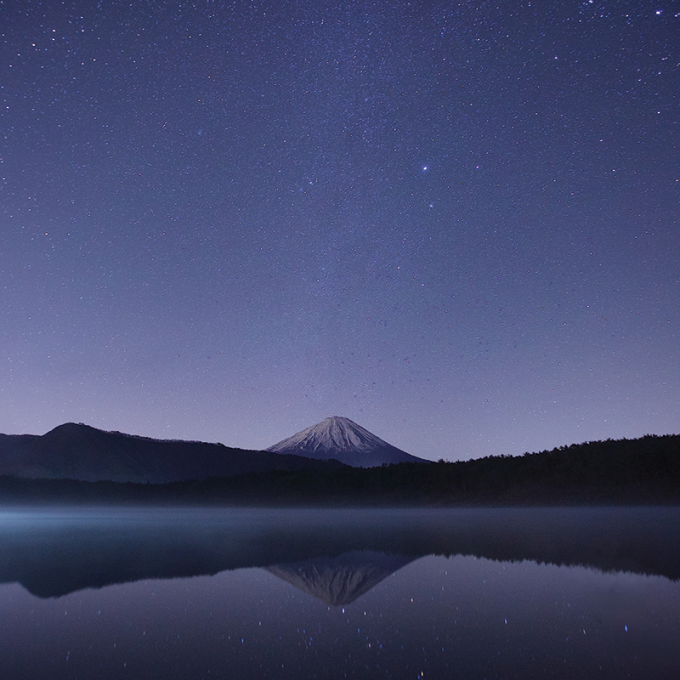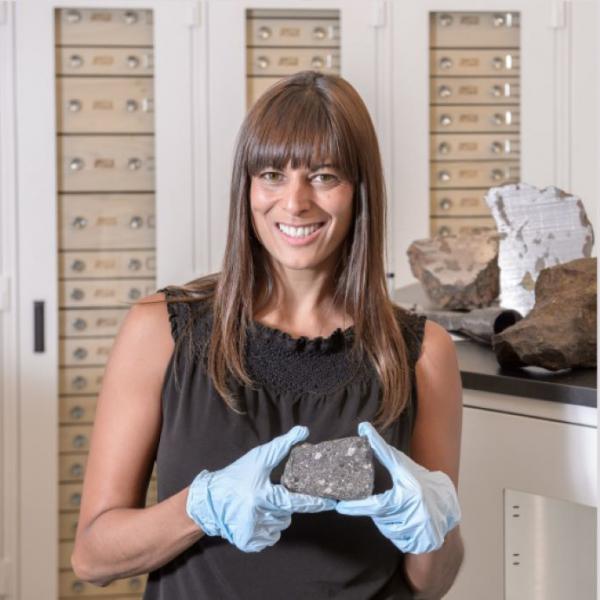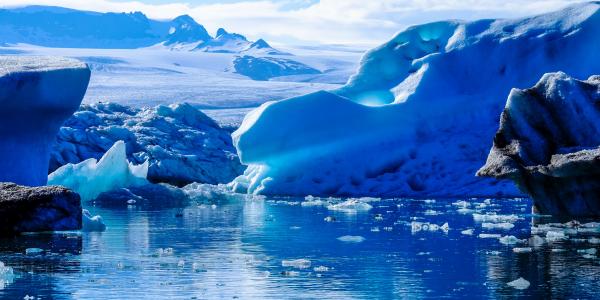About the Department
Whether you are interested in studying the world beneath your feet, or worlds farther away, the Department of Earth, Environmental, and Planetary Sciences at Washington University provides the tools for understanding the processes that shape our planet and other solar system bodies.
Our faculty are leaders in their fields, and they are passionate about their work and training the next generation of scientists. Our state-of-the-art laboratory facilities allow our faculty to push the boundaries of their fields and give our students the chance to do their own research. We apply geology, mineralogy, petrology, biology, chemistry, physics, and math to investigate diverse topics such as early life on Earth, the structure of the Earth's deep interior, the nature of contaminant transport, and the evidence for water on Mars. Our students are uniquely poised to help solve some of society's most pressing problems through careers in government, non-profit organizations, academia, and industry.
upcoming
events
See More Events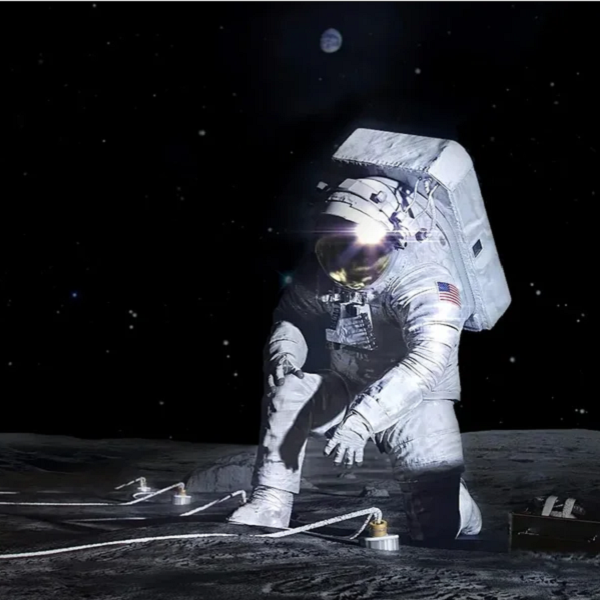
NASA’s Artemis astronauts will help grow crops on the Moon—and much more
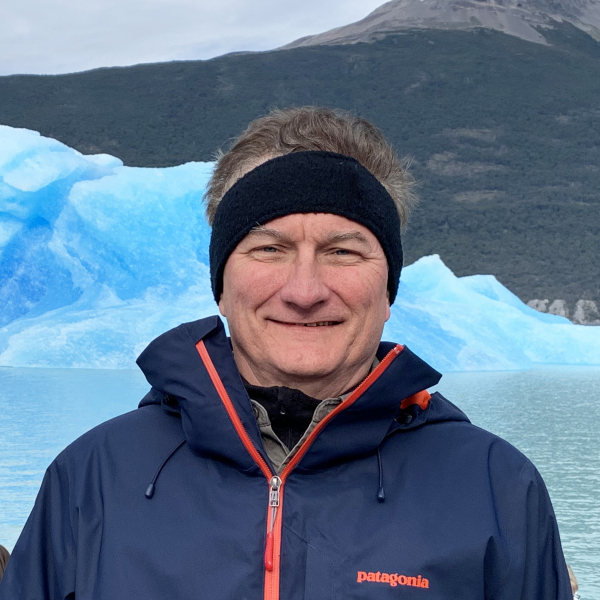
An Ice Body the Size of France Is Mysteriously Shifting Every Day. No One Knows Why.
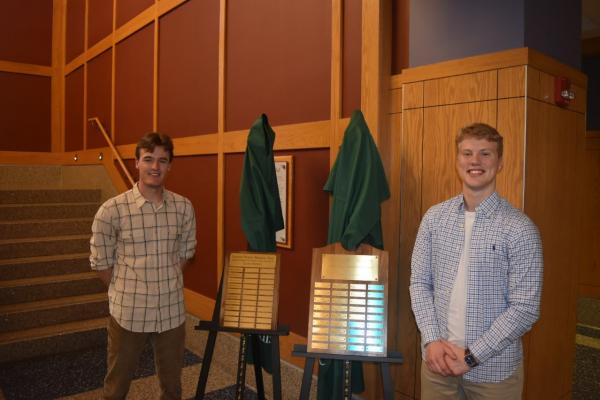
One of my favorite activities at WashU was Geology Club, which is a student-led club for undergraduates in the EEPS department. Planning and participating in both on and off-campus events was incredibly fun, rewarding, and it was a great way to make close friends within the small group of undergraduate students in the department.
―Henry ChandlerAB 2023
